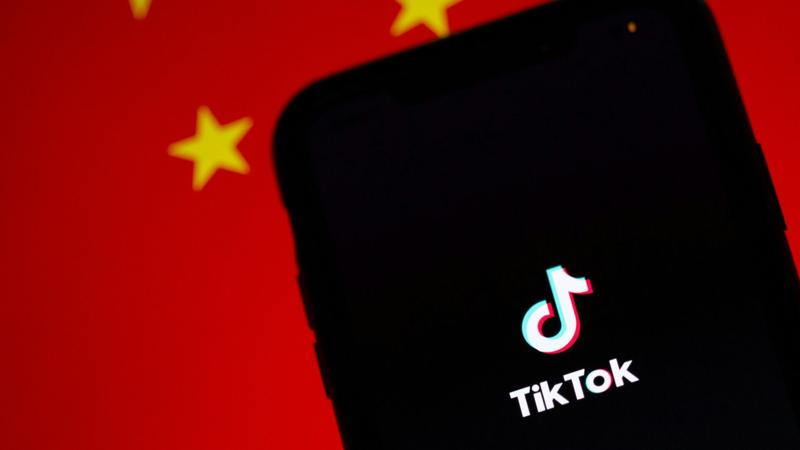TikTok went dark for the 170 million American users after the federal law mandating ByteDance, the platform’s parent company, to sell or face a nationwide ban was enforced.
In response to the Jan. 19 ban, President-elect Donald Trump announced plans to issue an executive order to delay the blackout. This would allow more time to negotiate a security deal that would keep TikTok operational across the U.S., proposing a joint venture model for the platform, with the U.S. holding a 50% stake in the app.
The parent company restored services on Sunday afternoon, as previously reported by The Center Square. TikTok CEO Shou Zi Chew expressed gratitude for the incoming administration’s support and is also expected to attend Trump’s inauguration.
“It’s a strong stand for the First Amendment and against arbitrary censorship. We will work with President Trump on a long-term solution that keeps TikTok in the United States,” the platform said in a statement.
Despite this hail mary from the Trump administration, some Republican leaders, including Sen. Tom Cotton R-Ark., argued that any agreement to keep the platform active in the U.S. must ensure TikTok severs all ties to the Chinese government to protect American users’ privacy and security. Cotton also expressed repercussions for companies that go against the ban.
“Any company that hosts, distributes, services, or otherwise facilitates communist-controlled TikTok could face hundreds of billions of dollars of ruinous liability under the law, not just from DOJ, but also under securities law, shareholder lawsuits, and state AGs. Think about it,” posted Cotton on X.
Still, Sen. Lindsey Graham, R-S.C., posted to X that if a company has a “golden share structure,” it means that one of the shareholders is Xi Jinping, the head of the Chinese Communist Party, who, in return, “owns you and makes all the decisions.”
He continued, “While I want TikTok to keep operating in a manner consistent with our national security, it is long past time to deal with the golden share dilemma more broadly. I will soon introduce legislation with my Senate colleagues that prevents any company that has a ‘Chinese golden share’ from being listed on any American exchange and, further, remove any existing company that has a golden share structure from any American exchange.”
The U.S. Supreme Court upheld the federal ban on TikTok in a landmark ruling Friday with far-reaching implications. The ruling came only two days before the ban was set to take effect.
“There is no doubt that, for more than 170 million Americans, TikTok offers a distinctive and expansive outlet for expression, means of engagement, and source of community,” said the Supreme Court in the opinion delivered Friday. “But Congress has determined that divestiture is necessary to address its well-supported national security concerns regarding TikTok’s data collection practices and relationship with a foreign adversary. For the foregoing reasons, we conclude that the challenged provisions do not violate petitioners’ First Amendment rights.”







